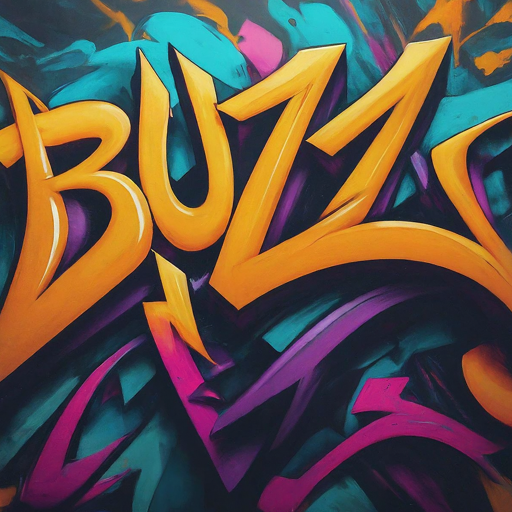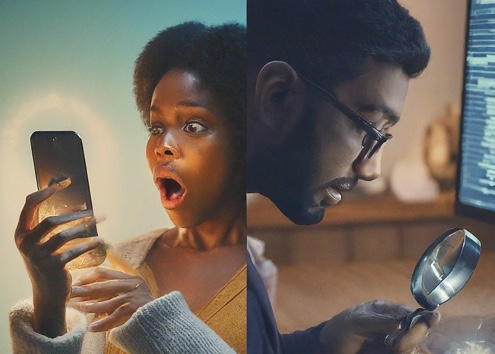Discover how AI is revolutionizing the music industry by personalizing music composition, performance, and enhancing creativity.
Understanding AI's impact on music composition
Artificial Intelligence (AI) has made significant strides in the field of music composition, transforming the way music is created. With the ability to analyze vast amounts of musical data, AI algorithms can now generate original compositions that rival those created by human musicians. This has opened up new possibilities for exploring different genres, styles, and melodies that were previously unexplored.
AI-powered music composition systems are capable of learning from existing music compositions and identifying patterns and structures that resonate with listeners. By analyzing the characteristics of popular songs, AI algorithms can generate new compositions that have a higher likelihood of appealing to a wide audience. This has the potential to revolutionize the music industry by providing a constant stream of fresh and engaging music.
Furthermore, AI can assist musicians in the composition process by suggesting chord progressions, harmonies, and melodies based on their input. This collaboration between human musicians and AI systems can lead to the creation of innovative and unique compositions that blend the creativity of humans with the analytical capabilities of AI.
However, it is important to note that AI is not meant to replace human musicians. Rather, it should be seen as a powerful tool for collaboration and creativity. Human musicians possess an innate ability to convey emotions and inject their own personal touch into their compositions, which is something that AI algorithms still struggle to replicate. Therefore, the future of music lies in the harmonious coexistence of AI and human musicians, where AI serves as a creative assistant rather than a replacement.
Exploring AI-powered music performance
AI is not only revolutionizing music composition but also music performance. AI-powered systems have the capability to analyze and understand musical nuances, allowing them to perform music with precision and accuracy. This opens up new possibilities for live performances, where AI can seamlessly accompany human musicians, providing a rich and dynamic musical experience.
AI-powered music performance systems can adapt to the style and preferences of individual musicians, enhancing their performances and making them more engaging for the audience. These systems can analyze the musician's playing style, tempo, and dynamics in real-time, and respond accordingly, creating a seamless and immersive musical experience.
Furthermore, AI can also assist musicians in improvisation. By analyzing the musician's playing patterns and musical ideas, AI algorithms can generate complementary musical phrases and harmonies in real-time, creating a collaborative and interactive performance.
The integration of AI in music performance not only enhances the capabilities of musicians but also opens up new avenues for creativity and exploration. It allows musicians to push the boundaries of their performances and create unique and captivating musical experiences that were previously unimaginable.
The role of AI in music personalization
One of the key areas where AI is making a significant impact in the music industry is in music personalization. AI algorithms can analyze individual listeners' preferences, behavior, and listening patterns to create personalized music recommendations and playlists. By understanding the unique tastes and preferences of each listener, AI can curate personalized music experiences that cater to their individual needs.
AI-powered music personalization systems can also adapt to the listener's mood, context, and activity, providing music that is tailored to their current state of mind. Whether someone is looking for music to relax, exercise, or work, AI can provide the perfect soundtrack to enhance their experience.
Furthermore, AI can also assist in music production by automatically adjusting the sound and mix of a song based on individual listener preferences. This allows each listener to have a customized listening experience, where the music is optimized to suit their personal preferences and audio devices.
The role of AI in music personalization goes beyond just recommending music. It has the potential to transform the way we engage with music, making it a more personal and immersive experience for each individual listener.
AI as a collaboration tool for musicians
AI has emerged as a powerful collaboration tool for musicians, enabling them to explore new creative possibilities and push the boundaries of their craft. By leveraging AI algorithms, musicians can collaborate with virtual bandmates that can generate complementary musical ideas and harmonies.
AI-powered collaboration tools can analyze and understand the musical input from human musicians, providing real-time suggestions and enhancements. This collaborative process allows musicians to experiment with different musical ideas and genres, creating unique and innovative compositions.
Moreover, AI can also assist in the production process by automatically adjusting the sound and mix of a song based on the input from the musicians. This streamlines the production workflow and allows musicians to focus more on the creative aspects of their work.
The collaboration between human musicians and AI systems has the potential to revolutionize music creation, enabling musicians to create music that is more diverse, engaging, and innovative.
The future of music: AI-driven innovation
As AI continues to advance, the future of music holds tremendous potential for innovation. AI-driven systems are constantly learning and evolving, enabling them to generate music that goes beyond human capabilities. This opens up new possibilities for creating music that is truly unique and groundbreaking.
AI-powered systems can analyze vast amounts of musical data from various genres and styles, allowing them to generate compositions that blend different musical elements and genres. This cross-pollination of musical styles can lead to the creation of entirely new genres and sub-genres, revolutionizing the music landscape.
Furthermore, AI can also assist in the creation of immersive and interactive musical experiences. By leveraging technologies such as virtual reality and augmented reality, AI can create virtual musical environments where users can interact with the music in unprecedented ways. This blurs the line between music consumption and music creation, empowering individuals to become active participants in the music-making process.
In conclusion, AI is not here to replace human musicians but rather to augment their creativity and push the boundaries of music. The integration of AI in music composition, performance, and personalization opens up new avenues for exploration and innovation. The future of music lies in the harmonious coexistence of AI and human musicians, where AI serves as a powerful tool for collaboration, personalization, and creative enhancement.




